2019
POSTDOCTORAL FELLOWSHIPS
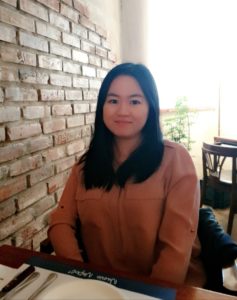 |
Youjung Shin will receive a D.Kim Foundation Postdoctoral Fellowship for the 2019-2020 academic year. Her research project “On the Plasticity and Plurality of the Scientific Object: The History of the Brain in South Korea in the 20th century” examines the brain as a historical tracer, which shows diverse settings of research practices in the 20th century, this project analyzes the history of the brain in South Korea, focusing on its changing ontological status depending on underlying material and conceptual conditions. It pays particular attention to go-betweens’ roles in South Korea which were geopolitically located amongst Japan, Germany, and the U.S. in the 20th century. |
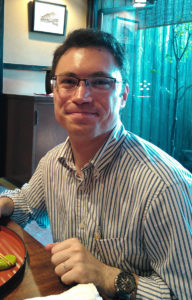 |
W. Evan Young will receive a D.Kim Foundation Postdoctoral Fellowship for the 2019-2020 academic year. The title of his project is, “Health and Home in Modern Japan: A Cultural History of Domestic Medicine, 1850–1960.” He will investigate how developments in scientific and medical knowledge made their way into ordinary Japanese homes. How throughout the late-nineteenth and twentieth centuries, women’s magazines, newspapers, and medical guidebooks offered vast stores of medical knowledge that have largely been forgotten by present-day historians. He will explore how these popular publications represented an important area of inquiry since show the various ways in which authors and editors connected ordinary women’s medical expertise and caregiving in the home to the nation-state, a growing overseas empire, and transnational breakthroughs in various scientific fields. |
DISSERTATION FELLOWSHIPS
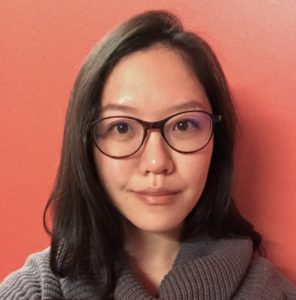 |
Marie Paulina Hartono will receive a D.Kim Foundation Dissertation Fellowship for the 2019-2020 academic year. Her dissertation research focuses on how radio technology shaped Chinese political culture over the arc of the early-twentieth century. Titled “Noise to Order: Radio Technology and Political Culture in Twentieth-Century China,” it examines the sweep of changes in radio use: from Republican-era radio executives shaping a new Chinese sound, and tinkerers modifying hobbyist radios by incorporating materials from Chinese pharmacies, to the Maoist-era development of a loudspeaker broadcasting network, and the creation of a Communist ecology of information. |
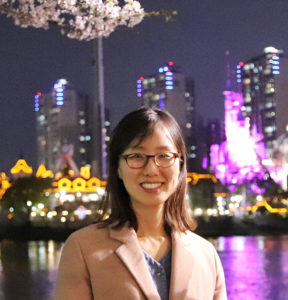 |
Taemin Woo will receive a D.Kim Foundation Dissertation Fellowship for the 2019-2020 academic year. Her dissertation titled “Riskscapes of Biotechnology: How Debates on New Technology Begin,” examines the interplay between bureaucratic drives and cultural responses to the risks of new biotechnologies. Her dissertation studies how social debates on the risks of emerging technology begin– rather than how they end– by analyzing the cases of GM (Genetically Modified) technology, synthetic biology, and CRISPR genome-editing technology in Korea. |
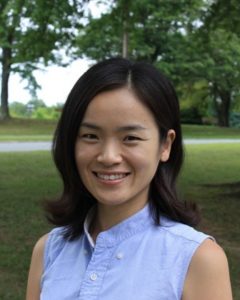 |
Yuan Yi will receive a D.Kim Foundation Dissertation Fellowship for the 2019-2020 academic year. Her dissertation project “Malfunctioning Machinery: The Global Making of Chinese Cotton Factories, 1889-1949 “ examines the industrialization of Chinese cotton spinning in the early twentieth century from a technological perspective. She will focus on investigating the challenging process of mechanization on the shop floor the significance of handwork in the making of the factory system, thereby challenging the long-held dichotomy between handicraft and mechanization. Although a good number of cotton mills were Chinese-owned, when it came to machinery and technology, the industry largely relied on imported goods. She will examine the various reasons foreign machines malfunctioned, requiring continuous adjustments during installation and operation. |
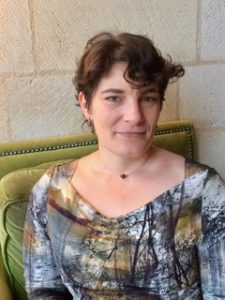 |
Celine Zuretti will receive a D.Kim Foundation Dissertation Fellowship for the 2019-2020 academic year. Her dissertation is titled “The Shūseikan of the Satsuma Domain An Example of Early Industrialization at the Dawn of the Meiji Revolution” She will focus her research on the Shūseikan complex, a group of mid-nineteenth century factories and industrial projects. Built in 1851in an effort to face down Western nations, both economically and militarily, and to build up the country’s defenses, using western science. She will explore how Shūseikan’s founder ordered the building of canon foundries, steamboat shipyards, sail manufacturers, and earthenware and glassware factories for exportable luxury goods. |
RESEARCH AND TRAVEL GRANTS
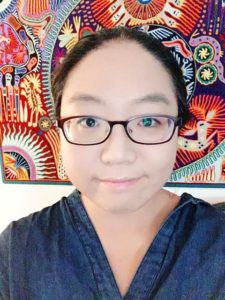 |
Kyuhun Han will receive a D. Kim Foundation Traveling/Research Grant for the 2019-2020 academic year. Her dissertation is titled, “Seeing the Forest Like a State: Forest Management, Wildlife Conservation, and Center-Periphery Relations in Northeast China, 1949 – 1988.” Her research explores the roots of China’s environmental consciousness through the lens of Northeast Chinese forestry conservation. It contests the prevalent idea that China in the 1950’s and the 1960’s was environmentally unfriendly and ignorant. It places exceptional emphasis on the role of scientists, who actively participated in national and international discussions on environmental science, in the process of conservation policy-making. |
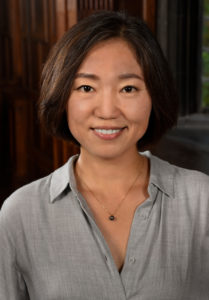 |
Yujie Li will receive a D. Kim Foundation Traveling/Research Grant for the 2019-2020 academic year. She will visit China this summer to conduct pre-dissertation archival research on the history of transportation technologies in the early People’s Republic of China. She well focus on non-motorized conveyances and how East Asia’s late-developing countries relied heavily on labor-intensive industries and muscle-powered machines. |
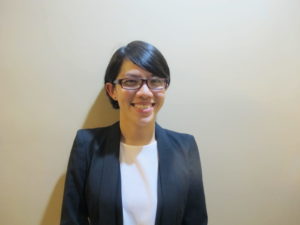 |
Yi Ci Lo will receive a D. Kim Foundation Traveling/Research Grant for the 2019-2020 academic year. She will travel to China this summer to conduct research in the Second Historical Archives of China in Nanjing in July 2019. there she will examine the history of the meter, the liter and the kilogram in modern China Her dissertation project, is titled “Measuring ¨up to Modernity: Metrological Reform in China, 1900-1940’s. |
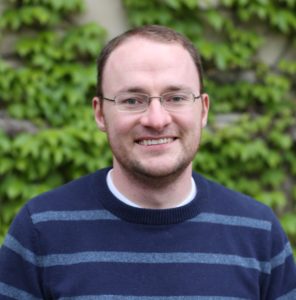 |
Spencer Stewart will receive a D. Kim Foundation Traveling/Research Grant for the 2019-2020 academic year. He will travel to Guiyang, Guizhou in the fall to conduct research on his dissertation project. His dissertation concentrates on the scientific, economic, and social history of the Second Sino-Japanese War (1937-1945) with a focus on agronomy and cotton. His project shows how the war resulted in the centralization and expansion of agricultural scientific institutions that brought a growing number of trained scientists in closer contact with the rural population. |
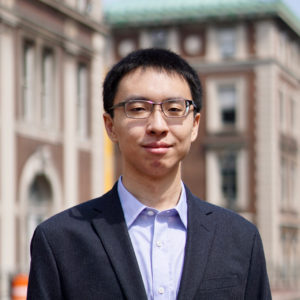 |
Yingchuan Yang will receive a D. Kim Foundation Traveling/Research Grant for the 2019-2020 academic year. He will travel to China to conduct a research trip in Beijing and Shanghai . He will trace the Chinese Communist Party’s use of radio in its revolutionary enterprise, his project places technology at the heart of the rise and demise of Chinese socialism. He will explore the ways in which radio technology was envisioned and practiced and been intertwined with the political vision of the Party, and how radio played a critical yet unappreciated role in the Party’s pursuit of technological modernity and revolutionary culture. |
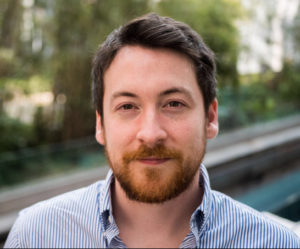 |
James Wright will receive a D. Kim Foundation Conference/Workshop Grant for the 2019-2020 academic year. He will attend the Association for Asian Studies (AAS) conference 2019 in Denver, Colorado. He will be presenting a paper entitled “Life with Robots in a Japanese Elderly Care Home.” His paper examines how the Japanese government has invested billions of yen in funding the development of robotic care devices and subsidizing their purchase by elderly care homes. This strategy is aimed at solving one of the key “problems” of the aging population – the ever-increasing demand for care – by increasing the productivity of the care industry. |
CONFERENCE/WORKSHOP GRANTS
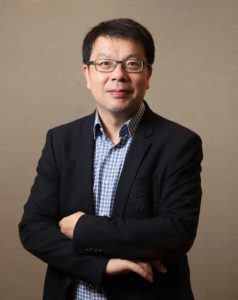 |
Chunghao Pio Kuo will receive a D. Kim Foundation Conference/Workshop Grant for the 2019-2020 academic year. He will attend the 16th Biennial Conference of the Chinese Studies Association of Australia (CSAA) in Melbourne, Australia, where he will present a paper entitled “Nourishing Blood and Cultivating Spirit: Harvesting and Consumption of Soft-Shelled Turtles in Taiwan from the Japanese Colonial Era to the Present.” His work examines how four major factors—Traditional Chinese Medicine principles, Taiwan’s evolving turtle-breeding system, colonial Japan’s aquatic policy, and the Team Ma phenomenon—shaped the significance of soft-shelled turtles in modern Taiwan. |
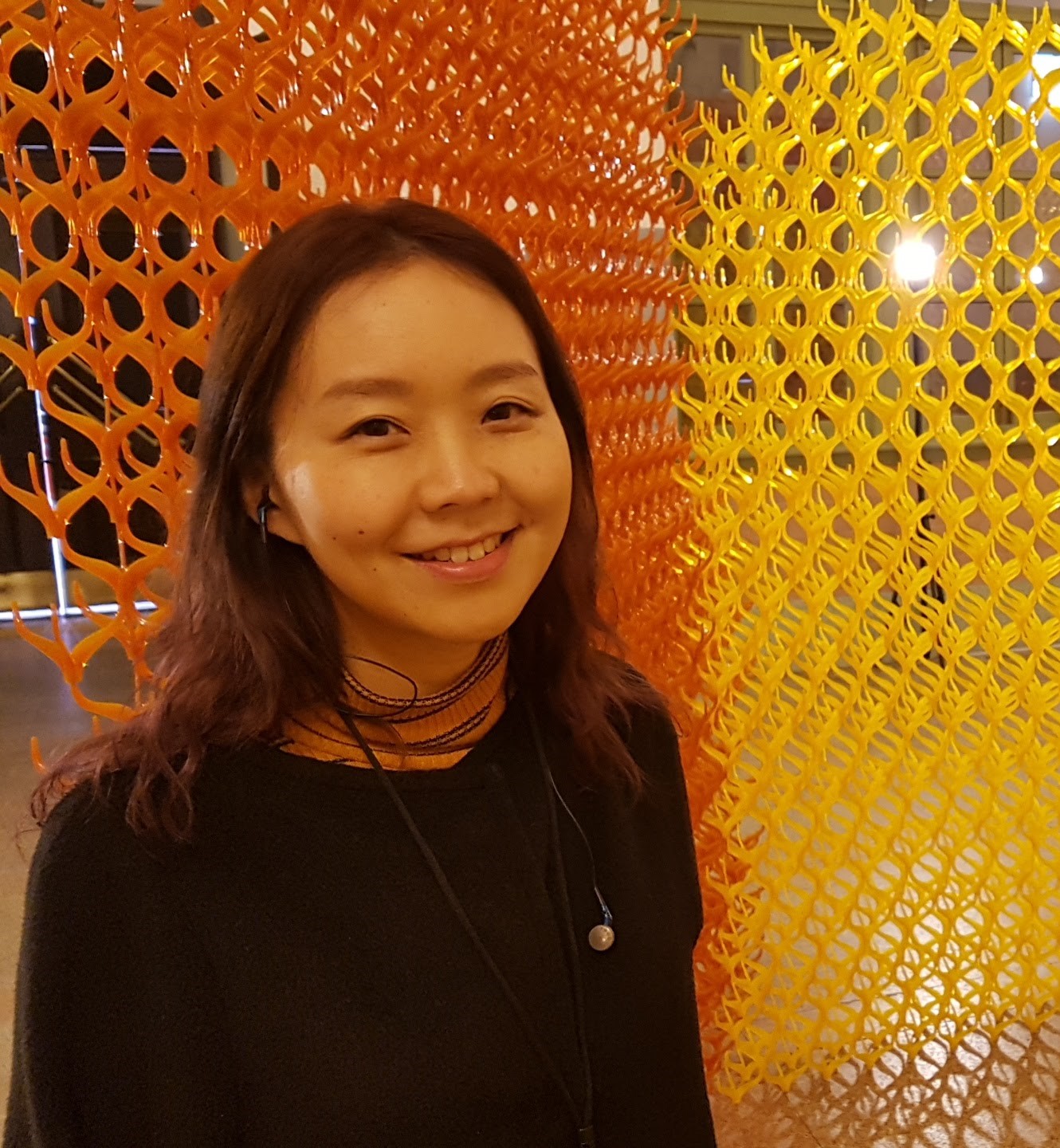 |
So Yeon Leem will receive a D. Kim Foundation Conference/Workshop Grant for the 2019-2020 academic year. She will attend the Association for Asian Studies 2020 Annual Conference in Boston on March 19-22 to present her paper, “This Korean Female Body is Not Innocent: Plastic Surgery, Body Transformation and Feminism in South Korea” under the session “Biomedical Science, Gender/Sexuality, and Embodied Politics in Korea.” Her work analyzes the new trend of plastic surgery that involves facial contouring or facial bone surgery, which is mostly concerned with the overall shape and structure of a face, and claims to transform a face more drastically and fundamentally. She intends to object the dominant discourses of Korean/Asian women’s plastic surgery, and also to provide a fresh account of plastic surgery practices in South Korea and find a way of doing body transformation as a feminist project. |
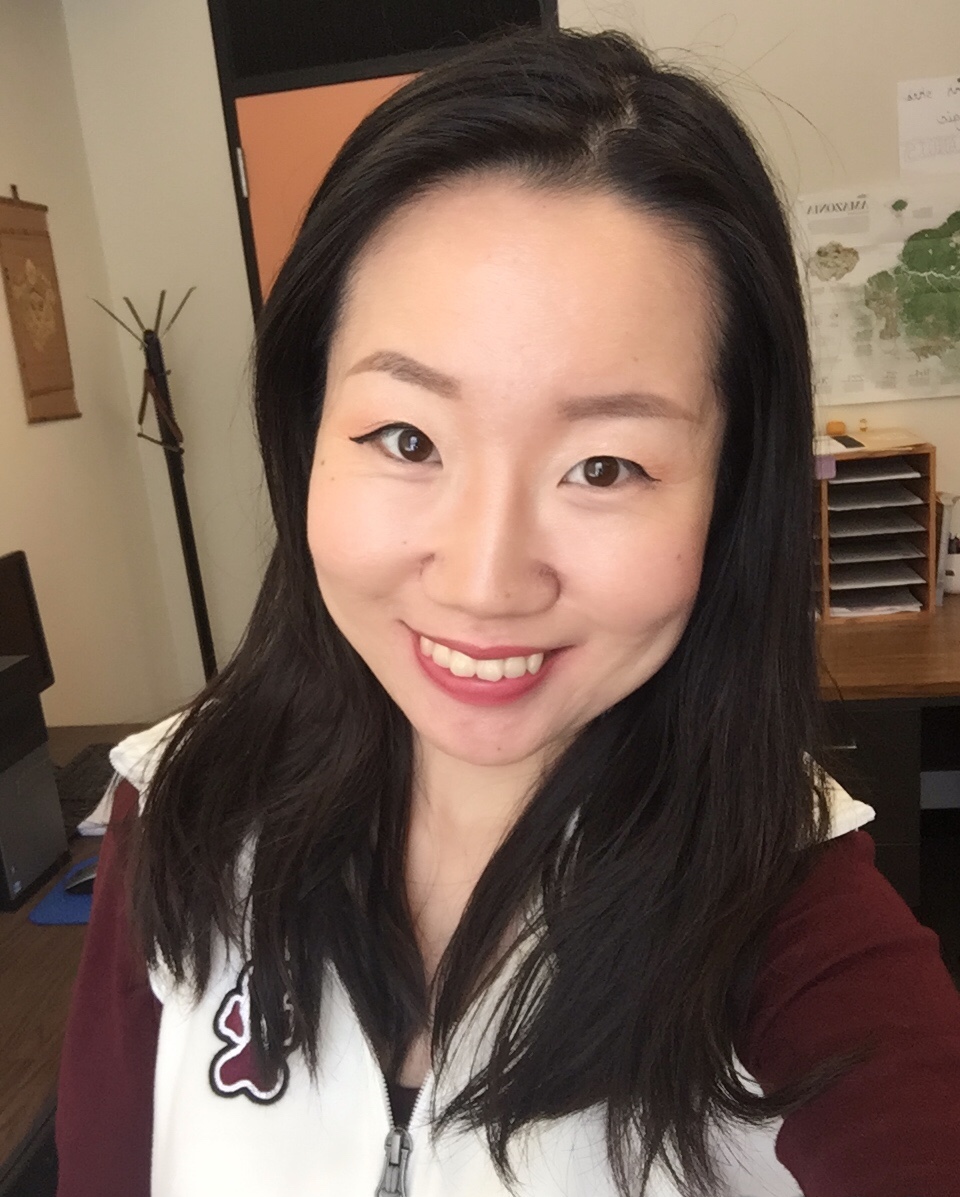 |
Xiao Li will receive a D. Kim Foundation Conference/Workshop Grant for the 2019-2020 academic year. She will attend the Association for Asian Studies 2020 Annual Conference in Boston on March 19-22 to present her paper, “A New Woman: Yamei Kin’s Contributions to Medicine and Women’s Rights in the U.S. and China, 1864-1934.” Her work examines the significant yet neglected career of Yamei Kin who, with a medical degree from the U.S., helped spread modern medicine in China and Japan in a period when herbal medicine was the mainstream and women could only see women doctors. Kin broke the Chinese and Japanese prejudice against western medicine, opened the medical profession to women in these two countries, shuttled between China and U.S. her entire life to promote public health and women’s right and served as a cultural bridge between U.S. and East Asia. |